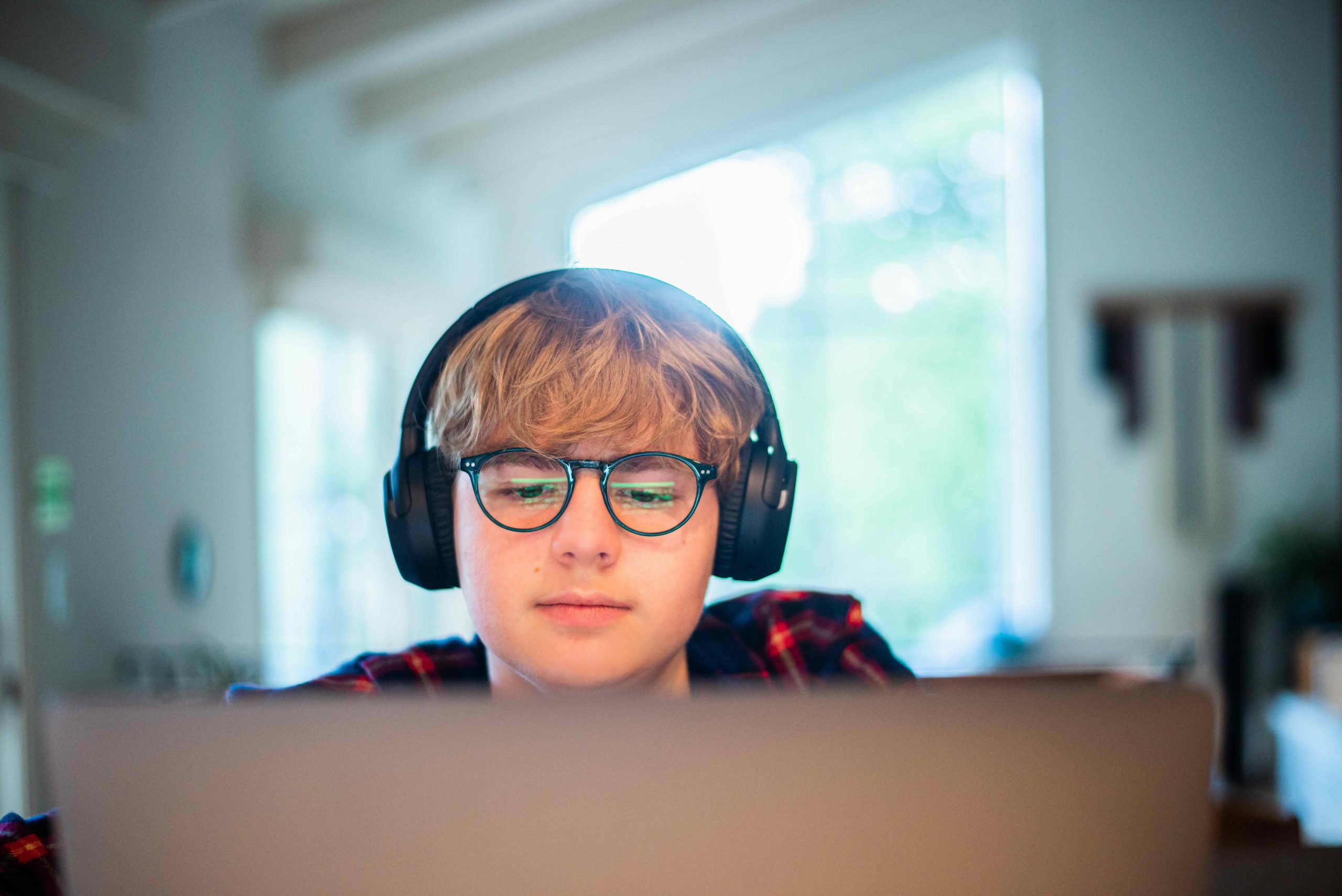Blue Light and Melatonin: Understanding the Relationship

With the increase in screen time in our daily lives, there’s a growing interest in how blue light exposure affects our well-being. One particular area of concern is the impact of blue light on melatonin, the hormone responsible for regulating our sleep-wake cycle. As an eye care provider committed to your ocular health and overall wellness, we’ll explore this relationship and provide actionable tips to help mitigate potential issues.
The Science of Blue Light
Blue light is a visible light spectrum with a wavelength between approximately 380 and 500 nanometers. Our main source of blue light is sunlight; however, in today’s digitized world, we are also exposed to considerable amounts from digital screens, LED lighting, and fluorescent bulbs. Blue light exposure especially before bedtime can disrupt our natural sleep patterns.
Effects on Melatonin Production
Exposure to blue light at night can affect the body’s secretion of melatonin, making it more challenging to fall asleep and potentially leading to sleep disturbances. Melatonin is often called the “hormone of darkness” because it is predominantly released by the pineal gland at night. Here’s what you should know about this process:
- Blue light can inhibit melatonin production more than any other type of light.
- Melatonin levels naturally rise in the evening as light diminishes, signaling the body that it’s time to prepare for sleep.
- Using devices that emit blue light can trick the brain into thinking it’s still daytime, thus disrupting the sleep cycle.
Managing Blue Light for Better Sleep
Understanding the impact of blue light on melatonin and sleep is the first step. Taking measures to manage your exposure, especially in the evening, can help maintain a healthy sleep schedule. Here are some strategies:
- Limit screen time a few hours before bed to give your body time to ramp up melatonin production.
- Use blue light blocking glasses when using digital devices to help filter out blue light, especially after dark.
- Adjust the settings on your devices to a warmer color temperature in the evenings or use built-in night mode features.
- Ensure your bedroom environment promotes sleep by keeping it dark and free from electronic devices.

Choosing the Right Blue Light Solutions
While lifestyle adjustments are crucial, incorporating the right eyewear can play a significant role in protecting your eyes from blue light. At Zenni, we offer a variety of affordable lens options, including blue light blocking technologies like our Blokz lenses and EyeQLenz, designed to reduce digital eye strain and improve your sleep quality.
- Blokz Lenses– Our specially crafted lenses are designed to block blue light and are perfect for both prescription and non-prescription eyeglass wearers. Be sure to check out our new vibrant tints with Blokz+ Tints.
- EyeQLenz – The EyeQLenz not only filters out blue light, but also incorporates anti-infrared technology, provides complete UV protection, and features photochromic capabilities for versatile eyewear functionality.
Adopting blue light management practices doesn’t mean sacrificing style. Our Virtual try-on features make it easy to find frames that are not only functional but also fashionable.

Supporting Your Eye Health Journey
At Zenni, we believe in providing support every step of the way. Whether you’re looking for trendy eyeglass styles or seeking solutions like blue light filter effectiveness, our platform offers a wealth of resources to ensure you make informed choices for your eye health. Explore our extensive collection of eyewear and discover how you can safeguard your eyes while keeping pace with your lifestyle.
Remember, taking control of your blue light exposure doesn’t have to be difficult. With the right habits and the right help from trusted eyewear providers like Zenni, you can enjoy the digital world without compromising on sleep quality or eye health.




 Canada
Canada